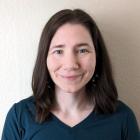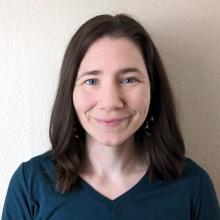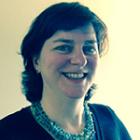BuildingEnergy Access Spotlight: Rebel Builders
COMPANY SPOTLIGHT: Rebel Builders
BuildingEnergy Access is a NESEA initiative to support the work of WMBEs (women and minority-owned business enterprises) by connecting them with the resources of the NESEA community. Each month, we'll introduce a participating company to the wider NESEA community through a spotlight interview.
We recently sat down with Diana Pauro of Rebel Builders, a queer woman / minority-owned company that focuses on residential design/build services in the Greater Boston Area, including Newton, Brookline, Boston, and surrounding communities.
Florence MacGregor: Our first question is an easy one, I hope: can you give us your 30 to 60-second elevator pitch of your company description?
Diana Pauro: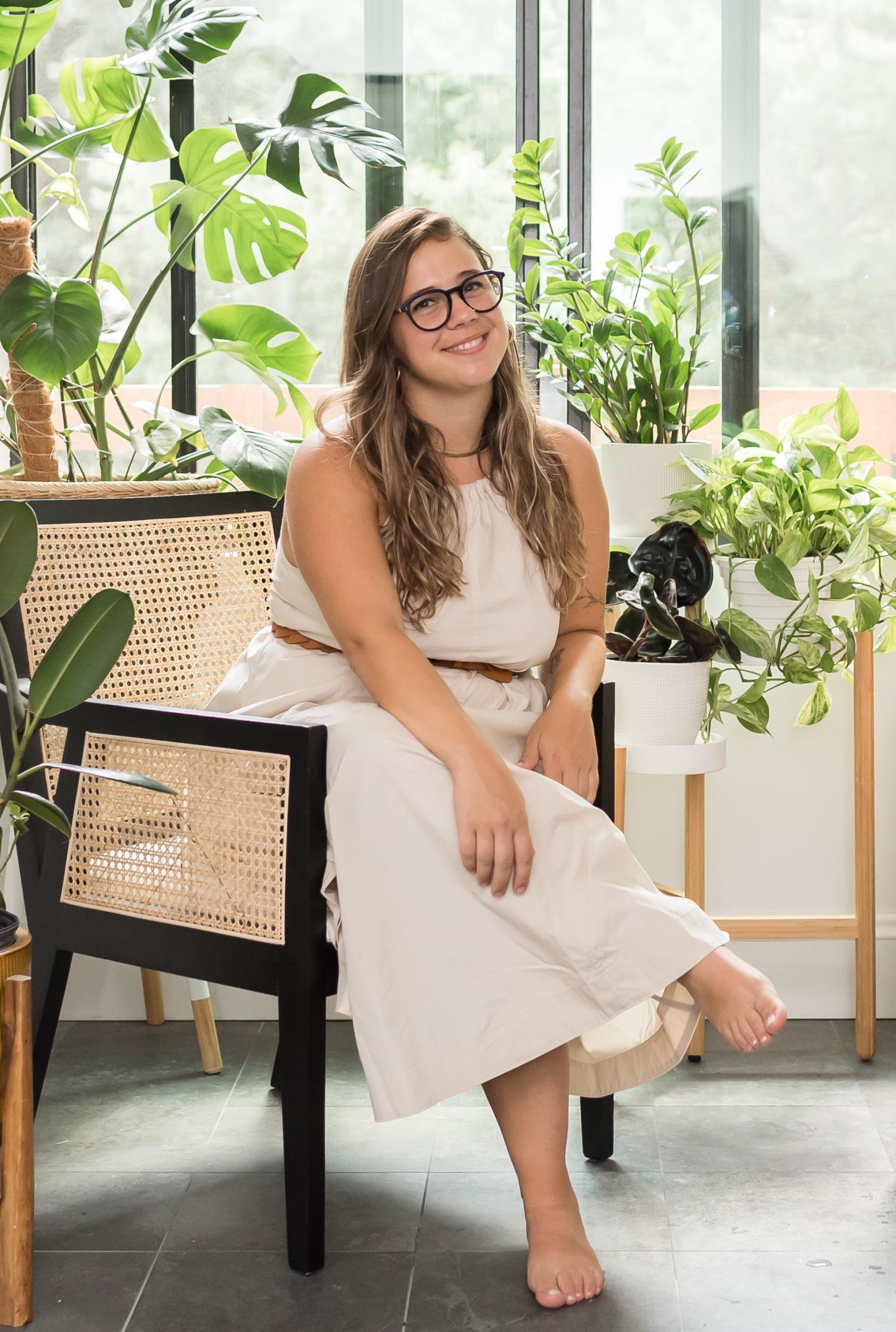 Yeah, absolutely. Rebel Builders is a queer woman-owned, majority-minority company. We are a design-build company. We have a strong team that focuses on whole-house remodeling and additions. We serve the greater Boston area. We try to approach everything that we do as an opportunity to steward the home, making it better performing, not only gorgeous as hell <laugh>. So clients initially come to us because we have a good portfolio, but it's also an excuse to access people's houses and do the boring stuff that excites us.
Yeah, absolutely. Rebel Builders is a queer woman-owned, majority-minority company. We are a design-build company. We have a strong team that focuses on whole-house remodeling and additions. We serve the greater Boston area. We try to approach everything that we do as an opportunity to steward the home, making it better performing, not only gorgeous as hell <laugh>. So clients initially come to us because we have a good portfolio, but it's also an excuse to access people's houses and do the boring stuff that excites us.
FM: What's an example of something that your clients would find boring but you find exciting?
DP: HVAC, right now! <laugh> Improving the home and getting away from fossil fuels. We had this one project that we started as a second-floor addition, but it ended up growing into a whole house remodel. We were able to get rid of the oil-based furnaces and just have heat pumps, fully electrifying the house. In the end, that also meant a better experience for the clients. Those are the kinds of things that make me very excited.
FM: How long have you been in business? And as the founder, what inspired you to start your business?
DP: Rebel is about to be six years old now, in January. I've been in construction since I was 15 in Argentina. I started out helping a builder and architect by going on-site and drafting. I had a company in Argentina that would do custom homes, which I would do in order to be able to afford to work for the government doing affordable housing. In Argentina, you cannot make a career in affordable housing.
So I had experience already with building high-end custom homes. When I moved to the U.S., about eight years ago, I worked briefly for a design/build company. I've always done design/build. I really, truly, believe that design/build is the most holistic approach you can take for integrated solutions on a project. I worked for almost two years at that company.
I really love the process and love being able to defy the status quo by how we do it, and to create a little bit more of a holacratic system. That's why I created my own company. I didn't find the typical business model of the standard company to be a good fit for me. So now I have a lot of liberty by having my own team.
 FM: What's a project that you are particularly proud of?
FM: What's a project that you are particularly proud of?
DP: Because we are outspoken about who we are and what we believe, we were able to attract talent that is more diverse too. I've had a lot of people coming into the company from a theater background; people that have been building and painting sets, and having a lot of expertise on projects that require a lot of cooperation. They bring so much more creativity to our jobs and it felt like a very natural transition for them to our field. They had to learn, of course, a lot of code <laugh> and much more on the construction side, but I feel like they would not have had as easy of a transition if they had gone to a more traditional company.
We created an internship specifically for people without any kind of knowledge of construction, people who just want to shift careers. Right now, there's a big struggle getting young people to enter into the trades and that’s one method we found works for helping younger people transition into working in the design/build space.
There's a whole generation that wasn’t really included (in the trades). It’s a huge problem, industry-wide. Now there's a little bit more of a push on training in vocational school, but there's a whole generation that was not there. I feel like the fact that we are attracting those kinds of people — people who left out of the conversation — has really benefited us as a company. We have a philosophy at Rebel that is much more aligned with what new generations are looking for and needing to feel represented in their careers.
FM: So it's not just one project, it's the whole inclusive company philosophy that you're proud of.
DP: Yeah. Because I feel like all projects speak to different things that make us proud. Of course, we have a little bit more of an attraction to working with queer clients, but in most cases, it's more queer allies that want to also be working with people that have our mentality. So, even though we've been in Spirit Magazine and we are part of the community, just by being radically accepting of who we are and how we portray ourselves, it communicates that we are transparent as a whole, right? That radical honesty has wound up creating a broader impact on how we do business.
FM: Where do you want to take your company in the future?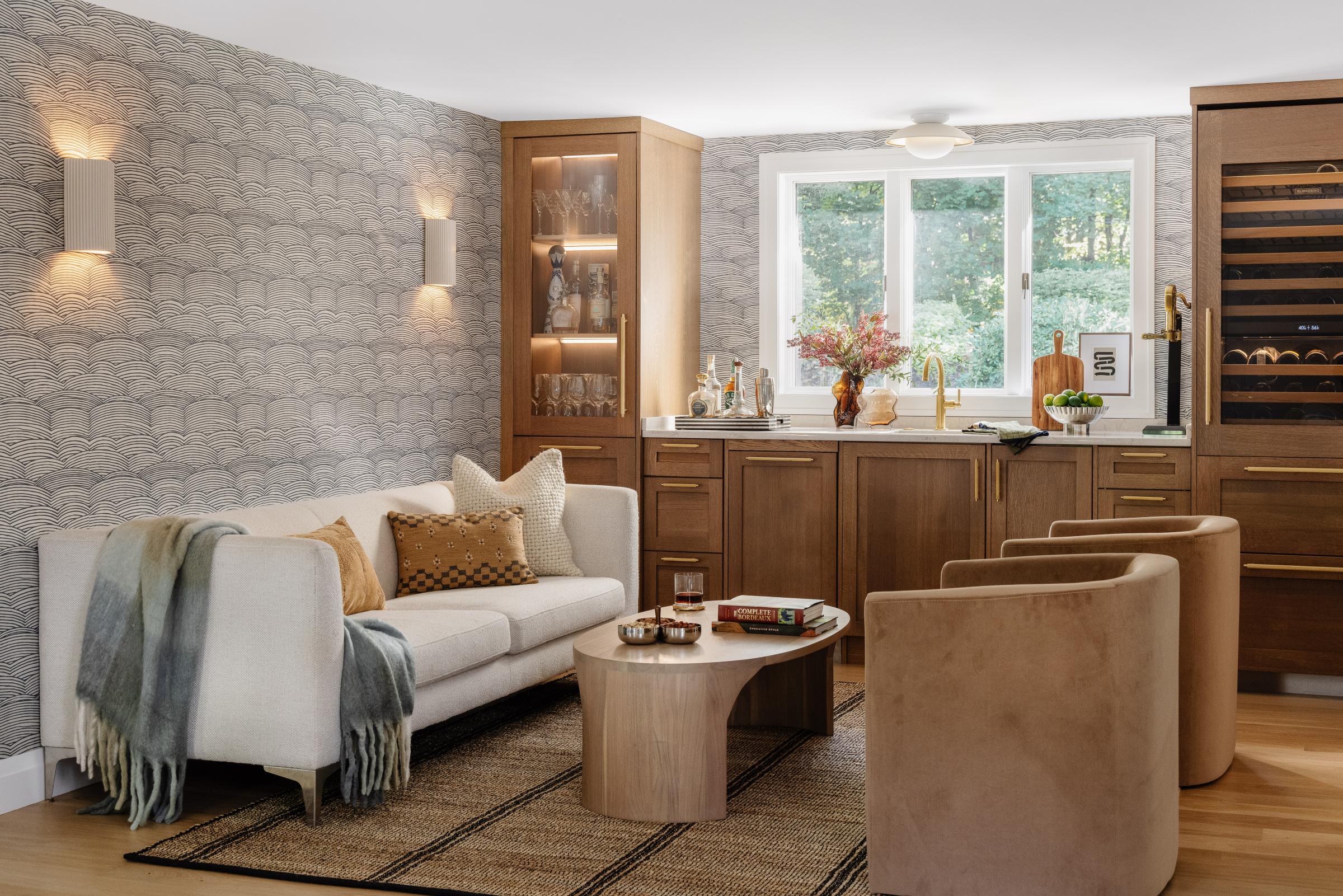
DP: I would love to create even more community. Again, because of how outspoken we are about who we are, we've had so many people reach out to us, even from builders in other cities. There is such a need right now for more spaces of collaboration; whether it’s connecting builder to enthusiast, enthusiast to handyperson, or maybe it’s a smaller company creating community workshops. There’s a big need for more collaboration at different levels.
That's one of the reasons I'm in NESEA. NESEA is one of the most successful associations I've seen when it comes to creating communities. There's obviously a lot of old-school business model communities. For a while, I participated with BNI. That has been a very good space, especially when I was starting the business, because when I was brand new in the U.S., I didn't have anything, right? I didn't have lawyers, I didn't have a network. I want to go deeper on that, helping to create communities that help people at all stages of their careers.
This year we're going to start a steering committee to transition the business into an employee co-op. That’s one of the biggest items that we're looking towards in 2025. And we’re closing on the lease of a new office! I'm hoping that that office will have the space to accommodate more community development work too.
FM: Last question: what part of NESEA’s programming or community have you been most excited to be involved in so far?
DP: I mean, ever since we started participating in NESEA’s BuildingEnergy Access, being a part of Seven Strong* has been such a breath of fresh air. Honestly, I've been yearning for a community as diverse, open-minded, and forward-thinking as NESEA is. The conference (BuildingEnergy Boston) was amazing. I really liked the Diversity Caucus. I have been a little bit too busy to join the ARAG (the Anti-Racist Action Group) monthly meetings, but the events that I have been able to join were really good.
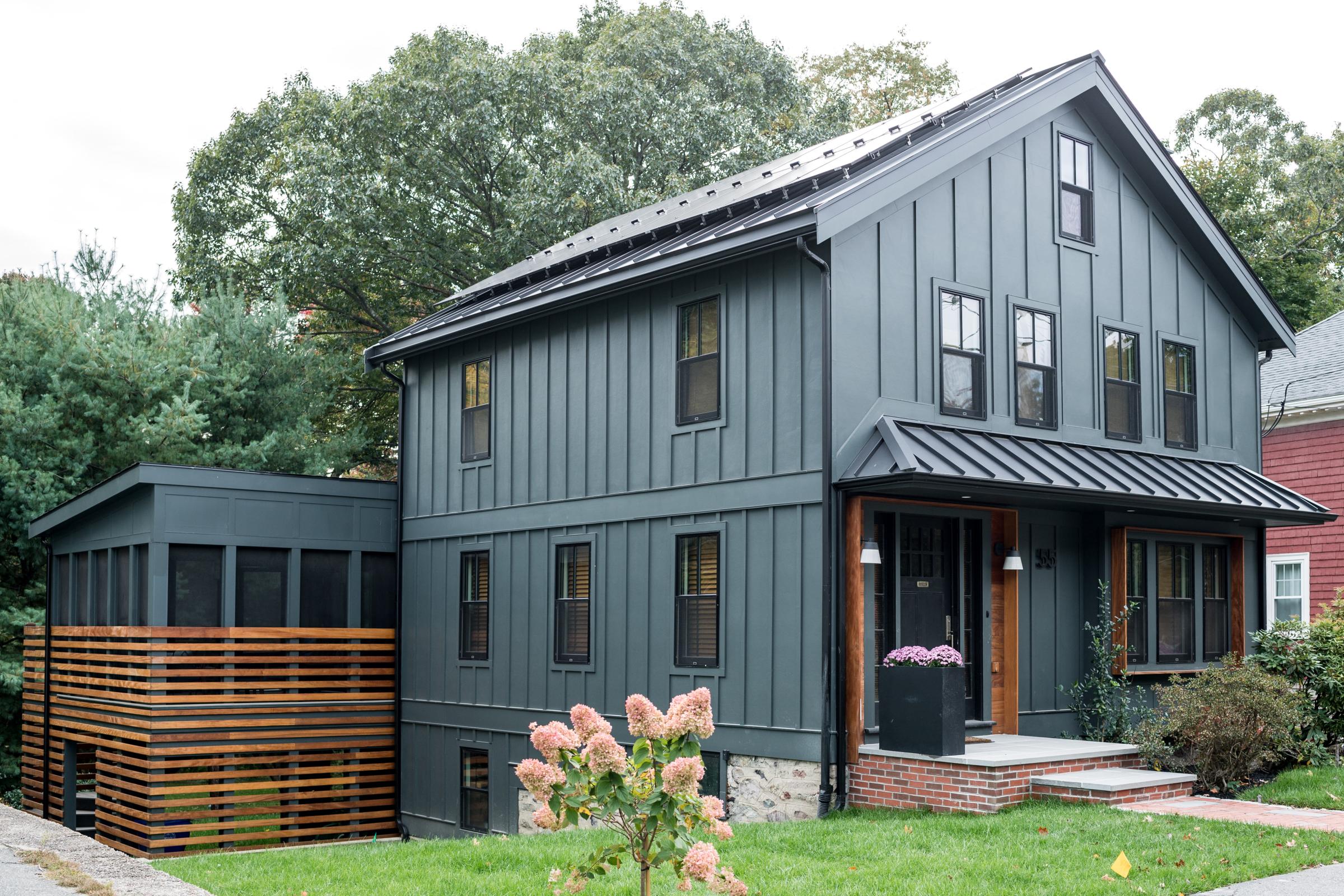 I feel like anything you join that is part of NESEA is pretty exciting, because the community itself is so strong. The fact that we can ask questions and there's always somebody who will pop in with an answer is something that other associations don't have. Sometimes it feels like you have to be in the inner circle of other associations to actually feel that comradery. With NESEA, it doesn't feel like that. As an outsider coming in, I’ve never felt excluded.
I feel like anything you join that is part of NESEA is pretty exciting, because the community itself is so strong. The fact that we can ask questions and there's always somebody who will pop in with an answer is something that other associations don't have. Sometimes it feels like you have to be in the inner circle of other associations to actually feel that comradery. With NESEA, it doesn't feel like that. As an outsider coming in, I’ve never felt excluded.
FM: Thank you for taking the time to speak with us today.
DP: Thank you!
*Note: Seven Strong is the nickname of the grant-funded Access cohort that Rebel Builders participates in
Our Mission
NESEA advances sustainability practices in the built environment by cultivating a cross-disciplinary community where practitioners are encouraged to share, collaborate and learn.

